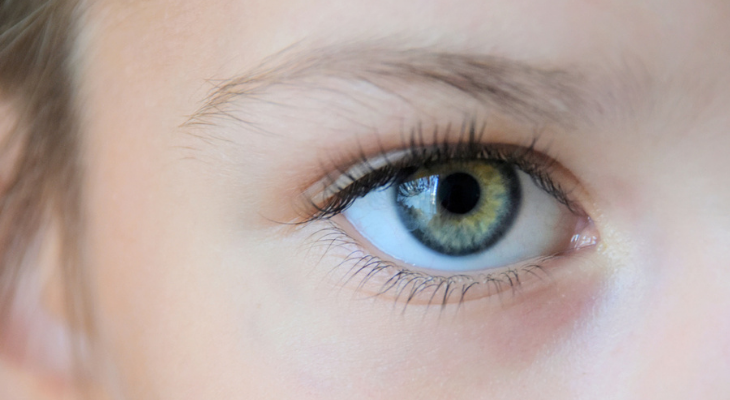Se Habla Español
Nói Tiếng Việt
Problems With Depth Perception
- Created in Newsletters

The Surprising Ways Depth Perception Problems Can Affect Your Life
Do you joke about your inability to parallel park or catch a ball? A depth perception problem, rather than clumsiness, may be to blame for your issues. Fortunately, vision therapy offers an effective solution for depth perception issues in both children and adults.
Signs That May Mean You Have Poor Depth Perception
If you struggle with depth perception problems, you may:
- Have Frequent Accidents. Depth perception issues can increase your risk of injuries. If you regularly cut your finger instead of the carrots when chopping vegetables, miss a step or two on the stairs, or misjudge the location of trees on the ski slope, a depth perception problem might be the reason that you're so accident-prone.
- Feel Uncoordinated. People who have poor depth perception may find it difficult to catch a ball, judge how far away a car is in traffic, park between the lines, or play sports.
- Hate Reading. Depth perception issues can make the words on a page jump and move or make everything you read look a little blurry. When it's hard to follow the words on the page, you may become tired after reading for a short while.
- Find 3D Movies Uncomfortable. Have you given up watching 3D movies because you can't see the images correctly or feel nauseated after viewing the movie for a few minutes? Your poorly developed depth perception may be the reason. An issue with depth perception may also make it impossible to find hidden images in 3D stereograms.
- Struggle with Academics. In addition to reading problems, poor depth perception may cause trouble with handwriting, copying from the board accurately, keeping your place when reading, using maps and graphs, and copying 3D objects.
Common Vision Problems That Affect Depth Perception
Good binocular vision is essential for normal depth perception. Binocular vision refers to the ability to use both eyes together when you look at an object. If the brain receives different impulses from the eyes, it will struggle to combine the information to produce a single, clear image. Binocular vision problems affect your ability to see in three dimensions and judge distances accurately.
Vision problems that can affect binocular vision include:
- Strabismus. Also called "crossed eyes," this condition occurs when the eyes aren't properly aligned. Even slight misalignments can affect the information that the brain receives.
- Amblyopia. Amblyopia occurs when the brain becomes confused by the differing information received from each eye and ignores input from one of the eyes. Commonly known as "lazy eye," the condition can develop if strabismus isn't treated.
- Convergence Insufficiency. When you focus on the words in a book or on near objects, your eyes turn inward slightly. If one eye doesn't turn in as much as the other, your binocular vision can suffer.
- Convergence Excess. In this disorder, the eyes turn inward too much.
- Blurry Vision. Blurry vision in one eye can also affect binocular vision and cause depth perception problems.
- Optic Nerve Damage. The optic nerve is the link between your brain and your eyes. A damaged optic nerve can't transmit impulses from the eyes correctly. Optic nerve damage can be caused by glaucoma, blood flow issues, inflammation, or infection.
- Eye Injuries. Injuries that damage your retina (the layer of light-sensing cells at the back of the eye) or the muscles that control eye movement may also affect your binocular vision and depth perception.
Visiting a Vision Therapist Can Help You Improve Your Vision
Vision therapy exercises, activities, and devices can help you improve your binocular vision and your depth perception. During therapy, you may play video games that slowly train your eyes to work together and help create new pathways in the brain. Shooting at targets or catching falling objects on a digital screen may seem more like fun than therapy, but specially designed games can actually help you use both eyes together.
In a study published in Investigative Ophthalmology and Visual Science in 2017, children who watched binocularly balanced videos as part of their therapy for amblyopia had a significant improvement in visual acuity. Vision therapy is most helpful when it's begun during childhood but can also improve depth perception in teenagers and adults.
Are you tired of dealing with your depth perception problems? Vision therapy may offer a simple solution. Contact our office to schedule your comprehensive vision examination.
Sources:
American Academy of Ophthalmology: Depth Perception, 4/23/18
All About Vision: Depth Perception: How Do We See in 3D?, 11/21
Review of Optometry: Managing Amblyopia: Can Vision Therapy Cut It?, 10/15/17


